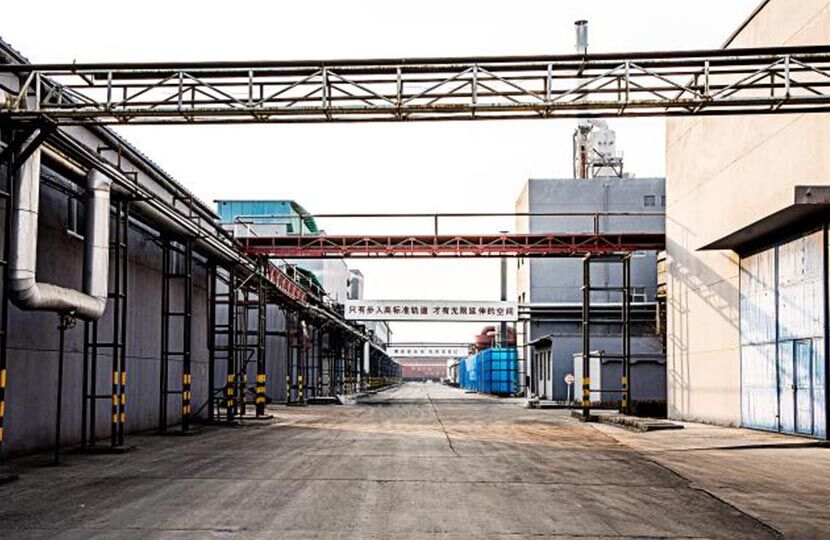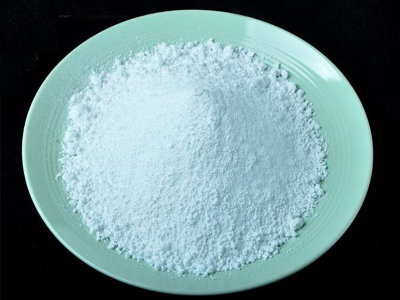Precipitated barium sulfate as an important raw material for plastic woven bags
Precipitated Barium Sulfate as an Important Raw Material for Plastic Woven Bags
Introduction
Precipitated barium sulfate (BaSO₄) is a widely used industrial material known for its excellent chemical stability, high whiteness, and fine particle size. In the production of plastic woven bags, it plays a crucial role in enhancing mechanical properties, improving processability, and optimizing cost-effectiveness. This article explores the benefits, applications, and advantages of precipitated Barium sulfate in plastic woven bag manufacturing.
Benefits of Precipitated Barium Sulfate in Plastic Woven Bags
Enhanced Mechanical Strength
Barium sulfate acts as a reinforcing filler, improving the tensile strength, tear resistance, and durability of plastic woven bags.
It enhances the toughness and load-bearing capacity, making the bags suitable for heavy-duty applications.
Improved Processing Performance
Due to its fine particle size and excellent dispersion, barium sulfate enhances the melt flow properties of plastic resins.
It helps reduce processing defects such as shrinkage and warping, ensuring a smoother production process.
Increased Whiteness and Opacity
Barium sulfate has high refractive index properties, contributing to the opacity and brightness of plastic woven bags.
It reduces the need for additional whitening agents, ensuring a consistent and visually appealing appearance.
Cost Optimization
As a cost-effective filler, barium sulfate reduces the consumption of expensive resins while maintaining product quality.
It helps manufacturers balance production costs without compromising on performance.
Enhanced Resistance to UV and Chemical Exposure
The chemical inertness of barium sulfate makes it resistant to acids, alkalis, and other environmental factors.
It provides UV protection, preventing degradation and extending the lifespan of plastic woven bags used outdoors.
Application in Plastic Woven Bag Manufacturing
Precipitated barium sulfate is commonly used in polypropylene (PP) and polyethylene (PE) woven bags. It is incorporated into the polymer matrix during the compounding process, ensuring uniform dispersion and optimal performance. Industries that benefit from its application include:
Agricultural packaging (fertilizer and grain bags)
Industrial packaging (cement, chemical, and mineral bags)
Consumer goods packaging (rice, flour, and pet food bags)
Conclusion
Precipitated barium sulfate is a vital additive in the plastic woven bag industry, providing enhanced strength, improved processing, and cost efficiency. Its excellent physical and chemical properties make it a preferred choice for manufacturers seeking to improve product performance while optimizing production costs.




